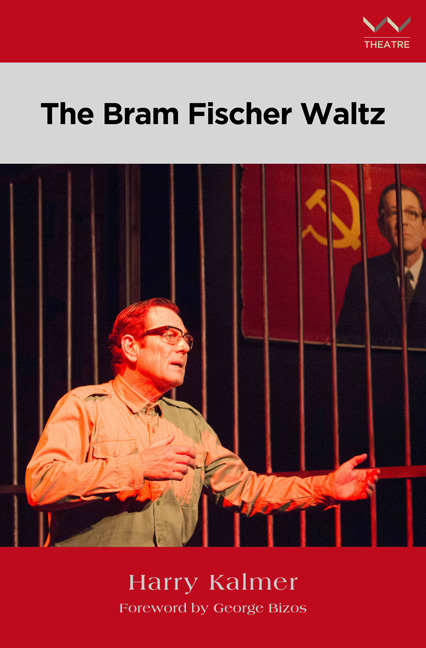Scene 2
from The Bram Fischer Waltz
Published online by Cambridge University Press: 21 March 2018
Summary
The lights come up slowly.
BRAM: There is a photograph somewhere … At least it was somewhere … In my mother's house I think … Who knows what happened to it … But I remember it well … My father is standing behind me with his huge moustache … My grandfather next to him with his long beard … I think I remember the day the photograph was taken … But the date at the bottom reads 1910 … So I could have been 18 months old at the most. Yet I swear I can remember that day. My father with his Edwardian moustache … My oupa with his Boerebaard. Me in my little dress.
Do I really remember it or am I using the photograph as evidence? The way we lawyers do?
But I do remember three years later … The roads surrounding Bloemfontein were filled with African people on donkey carts and shelters made from branches. The results of the 1913 Natives’ Land Act … ‘Eleven years after the English trampled us into the ground we are helping them to do the same to the black man,’ my father Percy said … Once again how much of memory is imagination?
In 1932, while I was at Oxford, I visited the Soviet Union. The railway stations of the Ukraine were filled with peasants with small bundles of posssesions. The Intourist guides who accompanied us couldn't, or wouldn't, say where all these people were headed, but those peasants were as scared and confused as the black people in 1913 in Bloemfontein.
Yesterday in the prison garden I picked up a rock and smelt it. I smelt the soil of Bergendal, the farm we had to move to when I was seven years old.
My father was also an advocate and decided in 1914 to defend some of the Afrikaner rebels who took up arms to protest against South Africa's participation in the Great War. As his colleagues had warned him, it turned out to be a mistake. He lost half his practice because he lost half his clients. He was even thrown out of the Bloemfontein Club. Just because he decided to defend those whose cause he supported. Against all odds.
- Type
- Chapter
- Information
- The Bram Fischer Waltz , pp. 20 - 25Publisher: Wits University PressPrint publication year: 2016



